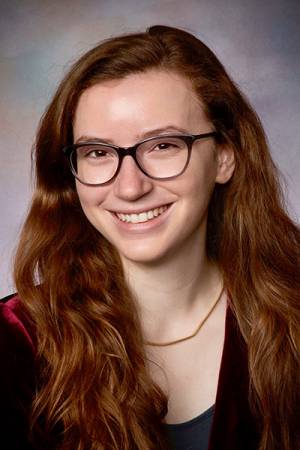
Abstract:
Robotic explorers play a crucial role in acquiring data from areas that are difficult or impossible for humans to reach. Whether for planetary exploration, search and rescue missions, agriculture, or other scientific exploration tasks, these robots can utilize pre-existing knowledge of the terrain to navigate effectively. In search- and coverage-oriented scenarios, robots must consider various factors including scientific data acquisition, risk assessment, and energy consumption. Importantly, they must also adapt their strategies as these objectives evolve over time. However, current trajectory planning techniques typically focus on either multiple static objectives or a single dynamic objective, neglecting the challenge of managing multiple objectives which change over the course of the trajectory. This proposed work will address the unique challenge of autonomously planning trajectories for time- and information-evolving objectives.
Methods for solving dynamic multi-objective problems are typically based on evolutionary algorithms, and many are not designed for trajectory planning applications. Decomposition-based approaches, where the multi-objective problem is divided into single-objective sub-problems, have been shown to outperform evolutionary algorithms on trajectory planning tasks. Our prior work leverages decomposition-based methods to solve the dynamic multi-objective trajectory planning problem, outperforming prior methods in both time and efficacy, respectively.
Our proposed work will develop methods that are both more efficient and more effective at balancing the coverage of multiple dynamic objectives than existing approaches. Firstly, we propose novel methods of dynamic multi-objective trajectory planning that perform fewer computations and consistently find more effective trajectories than current work. Secondly, we propose the integration of this global planning algorithm with a local planner, allowing local information to be shared with the global planner to improve performance.
Thesis Committee Members:
David Wettergreen, Chair
Maxim Likhachev
George Kantor
Alberto Candela, Jet Propulsion Laboratory
